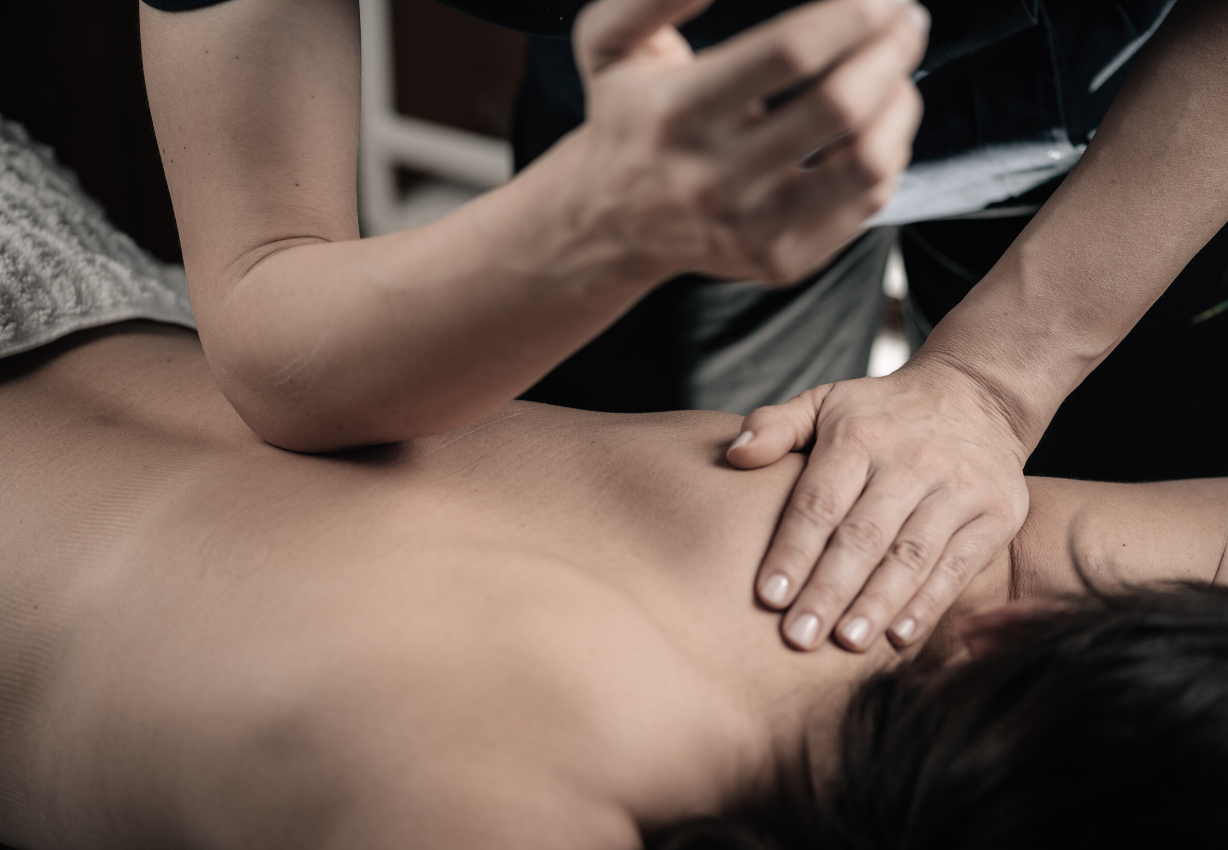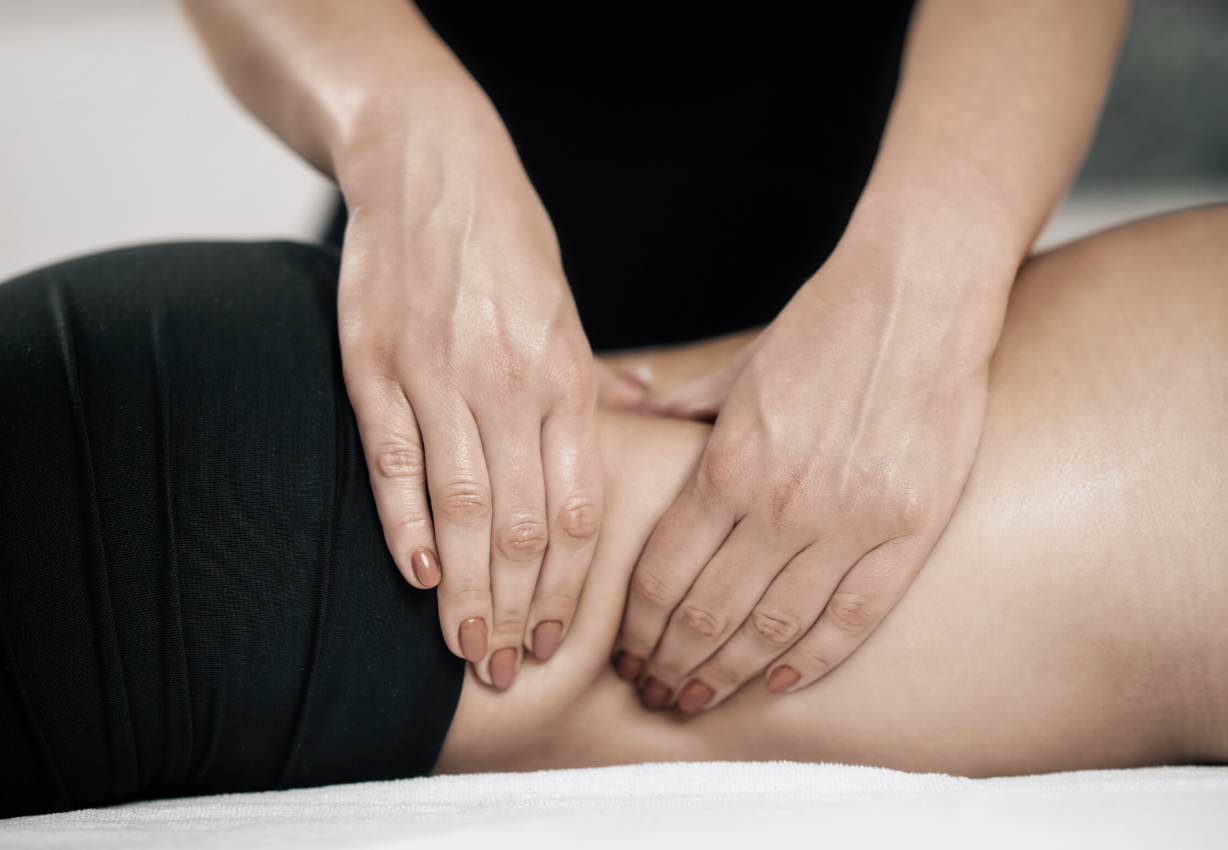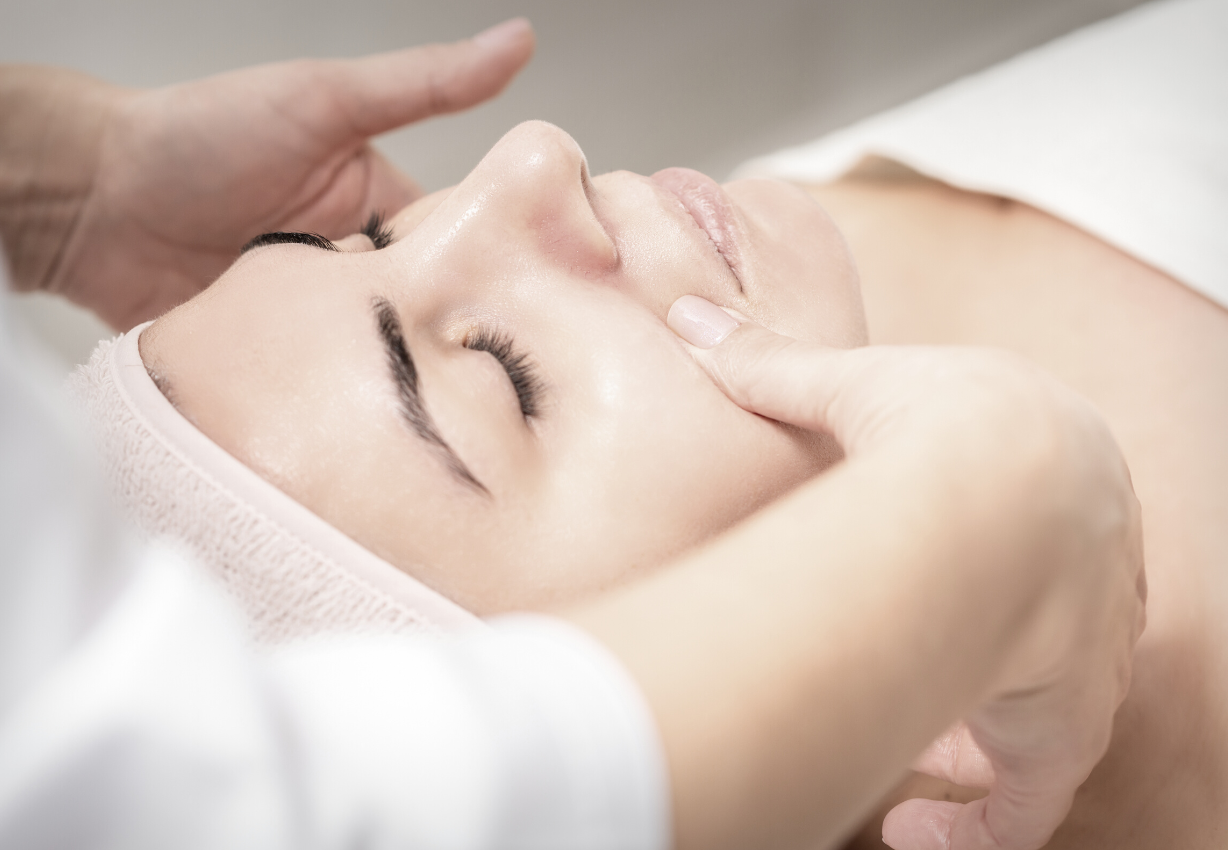Remedy Wellness Centre
Registered Massage Therapy Victoria
Registered Massage Therapy in Victoria, BC
Massage for pain, relaxation, sport and pregnancy
At our Victoria, BC clinic, our Registered Massage Therapist’s provide therapeutic and relaxation massage, sport massage and pregnancy massage. Each treatment is uniquely tailored to your needs. Each room is cozy, quiet and ambient so you can zen right out.
Your RMT will develop a treatment plan based on your health history, injuries, posture, stress level and most importantly, your reason for seeking massage. Expect a short discussion, postural assessment, some orthopedic tests if indicated, and a quick chat about informed consent before you get on the table. At the end, homecare exercises or lifestyle changes, and a follow up treatment schedule will be discussed. We want you to have as much time on the table as possible, without neglecting these very important parts of the therapeutic process.

Massage Treatments
Each RMT’s has a unique practice style. We encourage you to read their profiles to determine who will be the best fit for your needs. Some practitioners have a strictly orthopedic practice and others also incorporate some relaxation techniques. Some have a lot of experience in specific areas like injury rehabilitation, working with athletes, pregnancy massage or chronic pain management. Below are some of the common techniques that most RMT’s use in practice. Learn more: What to Expect At Your Massage Appointment
We also have Intern Massage Practitioners, who are not registered yet. Learn more: Intern Services and Chronic Conditions Program

Deep Tissue/Swedish Massage
Deep tissue/swedish massage is a very commonly used technique by Registered Massage Therapists. Its what most people picture when they think of getting a massage. There’s oil or lotion on the skin to provide some glide as the massage therapists hands knead and flush your muscles with the goal of releasing tension and “knots.”
This style of massage is very fluid and flowing, and promotes circulation through the tissue. It can be done very slowly, which is more relaxing or more vigorously, which is stimulating, depending on what the treatment goal is. Its important to communicate with your RMT about the depth of this type of treatment, as the old saying “no pain, no gain” is outdated and completely inaccurate.

Myofascial Release
Myofascial Release is a technique applied to both the fascial connective tissue and muscles. Fascia is a web of connective tissue intertwined between all other parts of the body. It surrounds and supports all the organs, bones, joints, vasculature, nerves and muscles of the body. Fascia doesn’t contract, like muscles do, but it can become adhered. “Adhesions” are areas where the fascia is “stuck” and restrict range of motion, cause postural dysfunctions and cause pain.
To release these adhesions the therapist applies a stretch into the restriction and holds it while the tissue releases. The effects are cumulative and long lasting. Imagine slowly pulling a plastic bag in two directions so you are stretching it out without breaking it. Some specialized forms of MFR you may have heard of include Heller Work and Rolfing.
Lymphatic Drainage
Manual lymph drainage (MLD) is a massage technique that focuses on increasing or redirecting the flow of lymph fluid throughout the body, to reduce lymphatic congestion. MLD is available with Brett McInnes, RMT.
What conditions are treated with MLD?
- Acne, rosacea, eczema, psoriasis, shingles, burns
- Bell’s palsy, trigeminal neuralgia, multiple sclerosis (MS), myalgic encephalomyelitis/chronic fatigue syndrome (ME/CFS), fibromyalgia, complex regional pain syndrome (CRPS)
- Migraines and other types of headache
- Acute orthopedic injury, fractures, strains, tears, temporomandibular joint disorder (TMJD), bursitis, frozen shoulder, osteoarthritis (OA), anterior compartment syndrome, delayed onset muscle soreness (DOMS) after exercise
- And more….

Trigger Point Release
A Trigger Point is essentially a “knot” in a muscle or fascia that is locally painful and may refer pain to a distant site. For example there are TP’s in the trapezius muscle that refer pain up the posterior neck and into the head, specifically around the temple and jaw. This TP can be a major cause of tension headaches. Releasing it and others around the head and neck can provide relief from tension headaches.
At Remedy Wellness Centre we use our knowledge of trigger points for both treatment and determining the cause of your symptoms/determining where it’s coming from. In many cases the source of the pain isn’t where it hurts. There are many conditions that are misdiagnosed, like carpal tunnel syndrome and tennis elbow, which turn out to be trigger point referral pain coming from somewhere else in the kinetic chain. Releasing trigger points in the neck and shoulders will often relieve these symptoms and can prevent the patient from having unnecessary surgery.
Remedy Wellness Centre
What is Massage Therapy For?
Acute and Chronic Pain Management
Injury Rehabilitation and Prevention
Joint Pain, Injuries and Stiffness
Muscle Pain and Tension
MVA Recovery (yes, we direct bill ICBC)
Neck Pain and Tension
Nerve Impingement; Sciatica, TOS
And More!
book online
Book an appointment online or by giving us a call!

